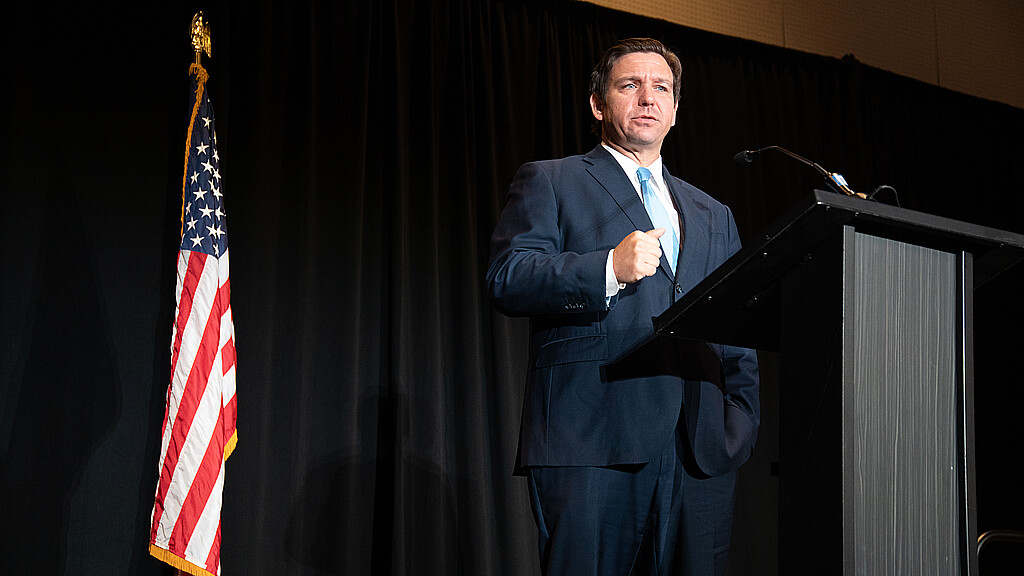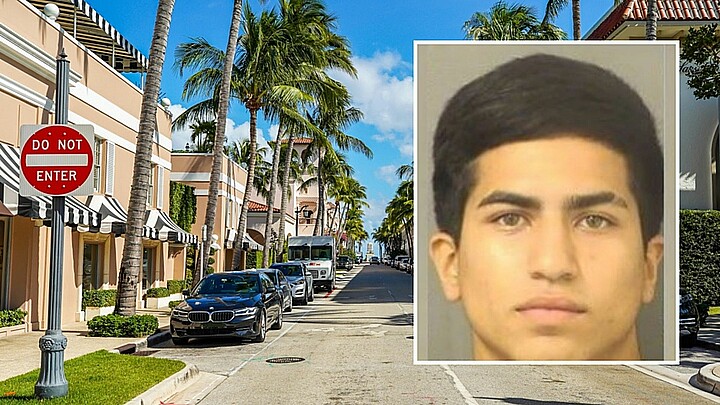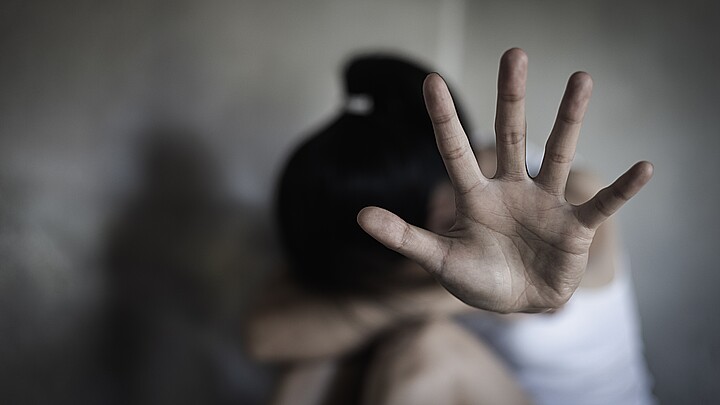Crime
DeSantis signs law expanding death penalty to child rapists
House Bill 1927 would allow the state to punish individuals convicted of sexually battering a child under 12 to face the death penalty if the jury casts a vote of at least 8-4 recommending the measure

May 2, 2023 8:43am
Updated: May 2, 2023 8:43am
Florida Gov. Ron DeSantis signed a law on Monday that could allow the death penalty in child rape convictions, despite it going against a United State Supreme Court ruling denying such a punishment in similar cases.
"In Florida, we stand for the protection of children," DeSantis said at a Monday press conference in Brevard County. "We think that in the worst of the worst cases, the only appropriate punishment is the ultimate punishment."
House Bill 1927 would allow the state to punish individuals convicted of sexually battering a child under 12 to face the death penalty if the jury casts a vote of at least 8-4 recommending the measure.
The law, set to take effect on Oct. 1, passed with the support from both parties in both chambers. Only five legislators—three Democrats and two Republicans—voted against it in the state Senate.
However, in 2008, the Supreme Court issued a ruling preventing states from implementing capital punishment for child rape when it does not involve the death of a child, claiming that it would be a “cruel and unusual punishment.”
DeSantis, however, has said that the Supreme Court should revisit the ruling and allow capital punishment to be implemented in such cases.
"We think that decision was wrong," he said at the press conference. "This bill sets up a procedure to be able to challenge that precedent and to be able to say that in Florida we think that the worst of the worst crimes deserve the worst of the worst punishment.”
Additionally, DeSantis also signed two other bills on Monday related to the criminal justice system: First, House Bill 1359, which increases penalties for fentanyl offenses, and second, House Bill 1627, adds DUI manslaughter, fentanyl trafficking, extortion, and written death threats to a list of “dangerous crimes” that can have a pretrial detention, and requires the Florida Supreme Court to develop a uniform bond schedule.










